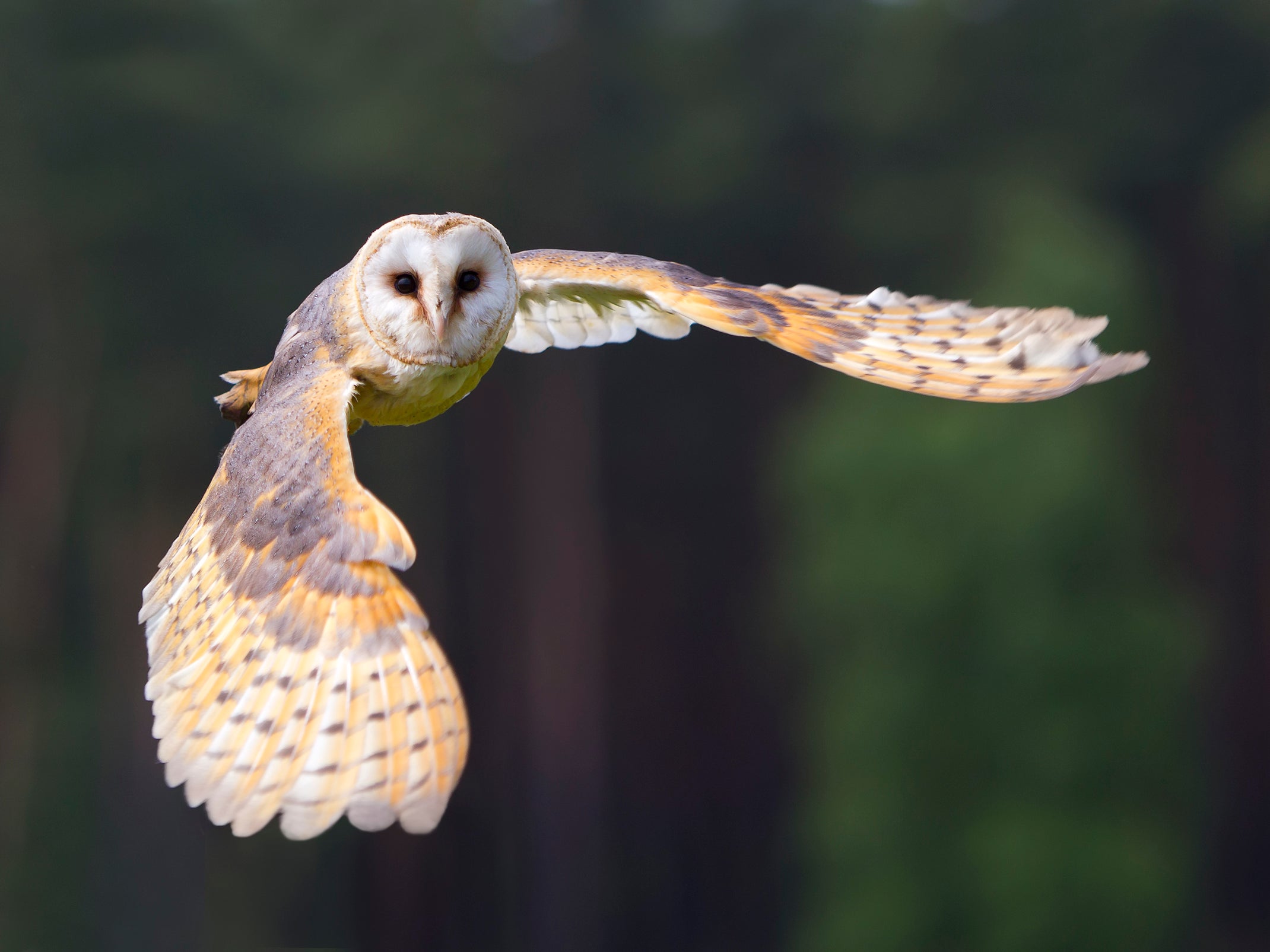RSPB accuses government of ‘wild claims’ on HS2 environmental impact and says scheme is example of ‘worst practice’
HS2 will cause ‘significant net loss of biodiversity’ charity says

Your support helps us to tell the story
From reproductive rights to climate change to Big Tech, The Independent is on the ground when the story is developing. Whether it's investigating the financials of Elon Musk's pro-Trump PAC or producing our latest documentary, 'The A Word', which shines a light on the American women fighting for reproductive rights, we know how important it is to parse out the facts from the messaging.
At such a critical moment in US history, we need reporters on the ground. Your donation allows us to keep sending journalists to speak to both sides of the story.
The Independent is trusted by Americans across the entire political spectrum. And unlike many other quality news outlets, we choose not to lock Americans out of our reporting and analysis with paywalls. We believe quality journalism should be available to everyone, paid for by those who can afford it.
Your support makes all the difference.The Royal Society for the Protection of Birds (RSPB) has written a damning letter to the government highlighting the environmental impact of the £106bn new high speed rail project.
The organisation described how initially it had been working with HS2 Ltd – the company set up to build the railway – to avoid damaging the UK’s “most important wildlife”.
But it said its efforts were ignored and “the scheme has descended into an example of worst, rather than best, practice.”
The RSPB said it was not only disappointed with the government’s decision to proceed with HS2, “but also with the wild claims that it will be an environmentally leading scheme.”
Last year after pausing work in several woodlands due to pressure from MPs and campaigners, HS2 Ltd insisted: “HS2 aims to be one of the most environmentally responsible infrastructure projects ever delivered in the UK.”
In its letter this week, the RSPB responded: “This is a welcome ambition, but sadly we feel there is a wide gap between ambition and reality for HS2 and its impact on nature. We believe HS2 as currently planned will cause a significant net loss of biodiversity and that the government’s claim is unjustified.”
Citing its collaborative work with the Barn Owl Trust and four branches of the Wildlife trust, the RSPB said: “We believe HS2 phase 1 will eventually kill a nationally significant number of barn owls, and phase 2 will merely add to that toll.”
It said the company’s existing mitigation plan “will not work”.
The letter, signed by RSPB director Emma Marsh, highlights further unavoidable impacts if the scheme goes ahead as currently planned: “Bechstein’s bats are one of the UK’s rarest mammals and prefer mature woodland – newly planted hedgerows and woodlands will not help these animals.”
However, the letter says despite the RSPB’s current opposition to the scheme, the organisation remains available “to help make HS2 fit for purpose”.
Doing so would require the company to agree to several conditions, including the scheme delivering “a net gain for nature in its own right”; “that ‘compensation’ for the loss of ancient woodland is not possible, no matter how many new trees are planted”; and the RSPB says an independent audit of the carbon footprint of HS2 is needed, which takes into account the scheme’s construction and lifetime performance.
The letter also says contractors building the project must not only adhere to the law, but must go above and beyond in order to avoid any unnecessary destruction of trees, hedgerows, nesting sites and other habitats.
In its current form, “HS2 will stand as an example of worst practice in the face of the climate and ecological emergency, one that cannot be repeated as other major infrastructure projects are brought forward,” Ms Marsh writes.
“In the worsening climate and ecological emergency, it will be impossible to achieve the ambitions in the 25-year Environment Plan if major infrastructure projects such as HS2 are allowed to do this amount of damage as well as proceeding without a full understanding of the carbon footprint.”
An HS2 Ltd spokesperson said: “Leading environmental groups agree that climate change poses the biggest threat to the natural environment in the UK. Once HS2 is in operation it will be seven times greener than travelling by car and 17 times greener than domestic air travel.
“HS2 Ltd takes the environmental cost of construction very seriously. That is why before any works take place on site, surveys are conducted by qualified ecologists to ensure we meet legal tests, and we have tailored mitigation plans in place for protected species.
“We’re also delivering an unprecedented programme of tree planting and habitat creation alongside the new railway – with seven million new trees and shrubs set to be planted between London and Birmingham alone.”
Join our commenting forum
Join thought-provoking conversations, follow other Independent readers and see their replies
Comments